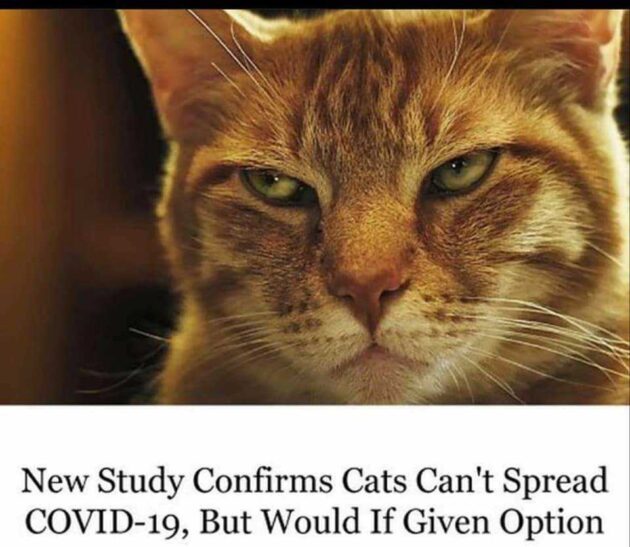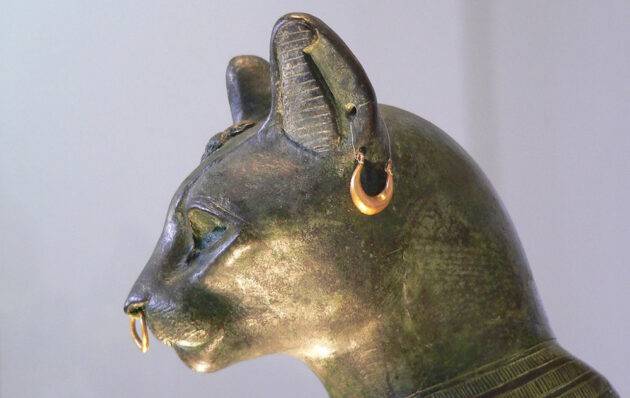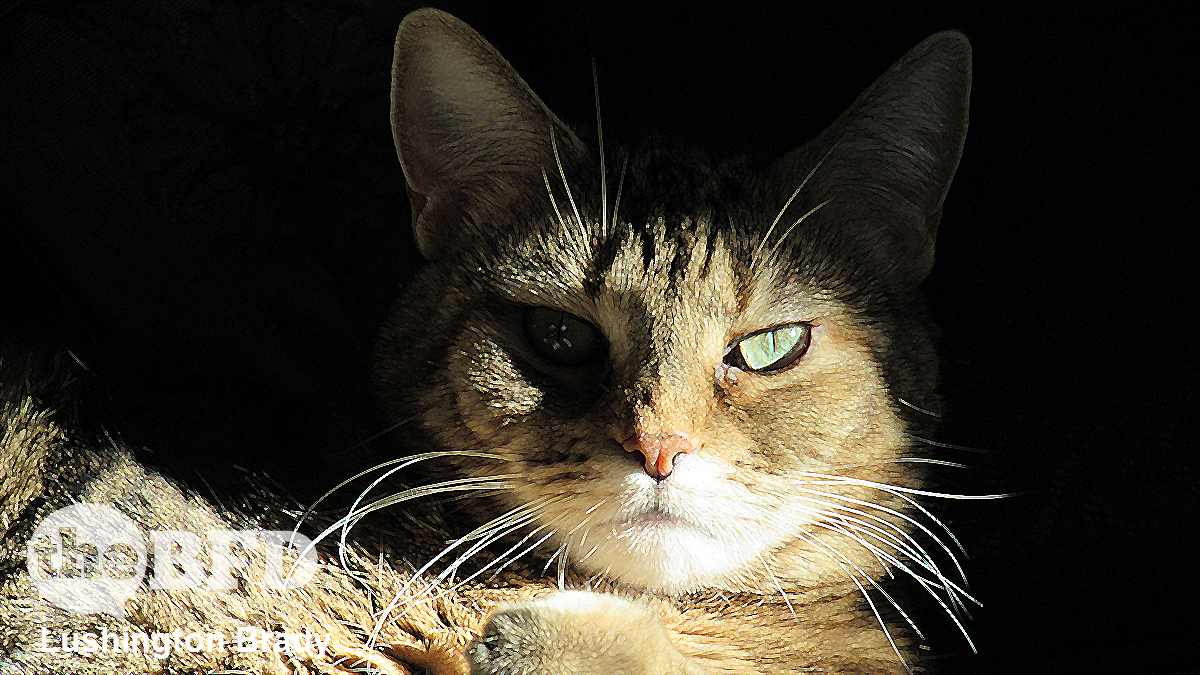I’ve long argued that dogs are humankind’s closest mental animal cousins. The great apes may be genetically closest, but they are separated by a gulf of several millions of years of evolution. Dogs, on the other hand, have spent the last 40 000 years growing ever closer to us. Dogs get us, emotionally and mentally, in a way no other animal does.
Dogs are not the only animal we humans have spent millennia turning into close companions.
But, unlike dogs, scientific studies of feline cognition are relatively rare. Not least because cats just won’t co-operate.

Few creatures fail to recognize man’s absolute suzerainty; Felis catus is one. Cats not only have failed to truly submit, but to the contrary have many cultures almost mesmerized instead, providing in return nothing near the benefits cats have enjoyed since casting their spell on Fertile Crescent farmers at the dawn of the Neolithic age.
Perhaps appropriately, cats have been associated with the mysterious and otherworldly. The famous Egyptian statues of Bastet retain their inscrutable allure after thousands of years. The Greeks associated cats with the dark goddess, Hecate; the Norse fertility goddess Freyja rode a chariot drawn by cats.
In all cultures, cats have a close affinity with fertility and the harvest; unsurprising, given their probable route to domestication.
Certainly, cats have been of service to humanity.
There must be at least some truth in cats first being incorporated into ancient agricultural settlements in order to patrol their grain stores — which the felines wouldn’t eat — so as to devour the mice and rats who were undoubtedly attempting to do so.
But cats’ mousing usefulness has long declined. In Australia in just the last century, cats have gone from being imported to farms by the basket-load to being seen as an ecological disaster. Yet still we keep them as pets.
Hundreds of millions of domesticated cats living pampered lives in heated, cooled and watered dwellings provided by their human caretakers are hardly there to catch mice.
People have put more of a premium on a different feline attribute now taking the place of pest control: charm. This is not a trivial vantage. There are scientific studies whose findings point to the real health benefits of owning a cat. These include reducing the risks of cardiovascular disease (including stroke), lowering of blood pressure, and relief of stress and anxiety.
They live among humans because we find them cute and adorable. Their job, in order to receive food, water, shelter, medical attention along with incessant pets, caresses and boundless forbearance for all their mischievousness is simply to be who they are.
But are cats truly domesticated? Or have they tamed us?
Cats seem to have perceived this human infatuation from some time ago. There are even indications that feline meows have in some way been influenced to mimic babies’ cries. At least it’s fairly certain that, aside from a brief period during their kittenhood vocalizing to their mothers, for the rest of their lives cats only meow to people.
Dogs and wolves also do not bark in the wild as domesticated dogs do. But dogs’ barking serves many communicative purposes: from alarm bells to stress calls to yips of joy. Cats, on the other hand, almost only ever meow for one reason: to make demands.
Few canines ever mistake who is master and who pet with regard to their human wardens. Felines aren’t confused either, only that they often come to a different conclusion. A recent study published in the journal “Animal Cognition” in 2013 found that cats fully recognize their owners’ voices calling at them, and may simply opt to ignore acknowledging.
Are cats just natural arseholes, or has humans’ infatuation just encouraged them?
It’s not difficult to hazard a guess as to how house cats might have come to develop such a cavalier view of their association with humans. There are few princes, satraps or sultans who ever lived the life of luxury, security, comfort and convenience as the average cat in the modern home.
Newsmax
There’s more than a little truth in the meme that contrasts the thoughts of a dog and a cat. The dog thinks, “You feed me, you pet me, you love me… you are a god!”. On the other hand, the cat thinks, “You feed me, you pet me, you love me… I am god!”
And cats have the idols to prove it.

Please share this article so that others can discover The BFD

